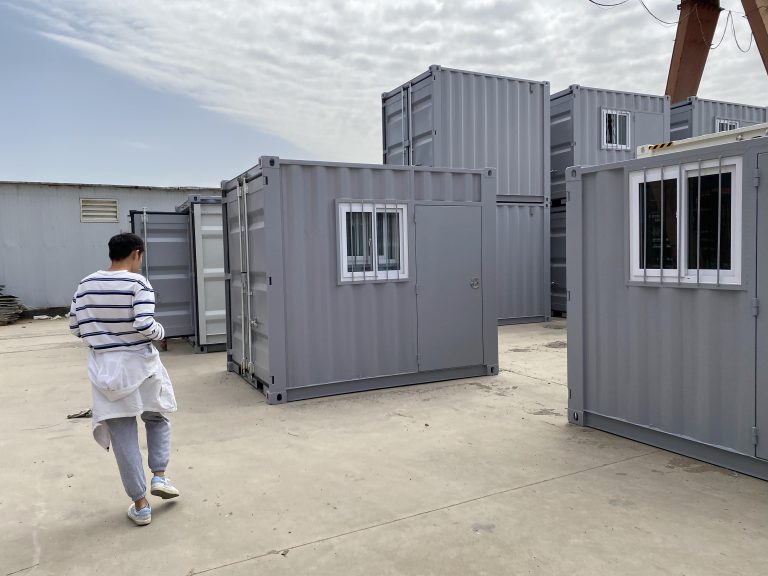What are the roles and challenges of solar energy in the global energy transition?
Benefits of Solar Energy in the Global Energy Transition
Solar energy has emerged as a key player in the global energy transition, offering numerous benefits and opportunities for a sustainable future. As the world shifts towards cleaner and more renewable sources of energy, solar power has become increasingly popular due to its abundance, accessibility, and environmental benefits.
One of the primary roles of solar energy in the global energy transition is its ability to reduce greenhouse gas emissions and combat climate change. By harnessing the power of the sun, solar panels can generate electricity without producing harmful pollutants or greenhouse gases. This clean energy source helps to mitigate the impacts of climate change and reduce our reliance on fossil fuels, which are major contributors to global warming.

In addition to its environmental benefits, solar energy also plays a crucial role in enhancing energy security and independence. Unlike traditional energy sources such as coal or oil, solar power is abundant and widely available, making it a reliable and sustainable option for meeting our energy needs. By investing in solar energy infrastructure, countries can reduce their dependence on imported fossil fuels and strengthen their energy security.
Furthermore, solar energy has the potential to create new economic opportunities and drive innovation in the energy sector. As the cost of solar technology continues to decline, more countries and businesses are investing in solar power projects, creating jobs and stimulating economic growth. The solar industry also fosters innovation in energy storage and grid integration, paving the way for a more flexible and resilient energy system.
Despite its numerous benefits, solar energy also faces several challenges in the global energy transition. One of the main obstacles is the intermittency of solar power, as sunlight is not available 24/7. This variability in solar energy production can pose challenges for grid stability and reliability, especially in regions with high solar penetration. To address this issue, advancements in energy storage technologies and grid management systems are needed to ensure a smooth integration of solar power into the energy mix.
Another challenge facing solar energy is the upfront cost of installation and infrastructure development. While the long-term benefits of solar power are clear, the initial investment required to install solar panels and equipment can be a barrier for many individuals and businesses. Governments and policymakers must implement supportive policies and incentives to make solar energy more affordable and accessible to a wider range of consumers.
In conclusion, solar energy plays a vital role in the global energy transition by offering a clean, sustainable, and reliable source of power. Its environmental benefits, economic opportunities, and potential for innovation make it a key player in the transition towards a more sustainable energy future. However, challenges such as intermittency and upfront costs must be addressed to fully realize the potential of solar energy. By overcoming these obstacles and investing in solar power infrastructure, we can accelerate the transition to a cleaner and more sustainable energy system for future generations.







